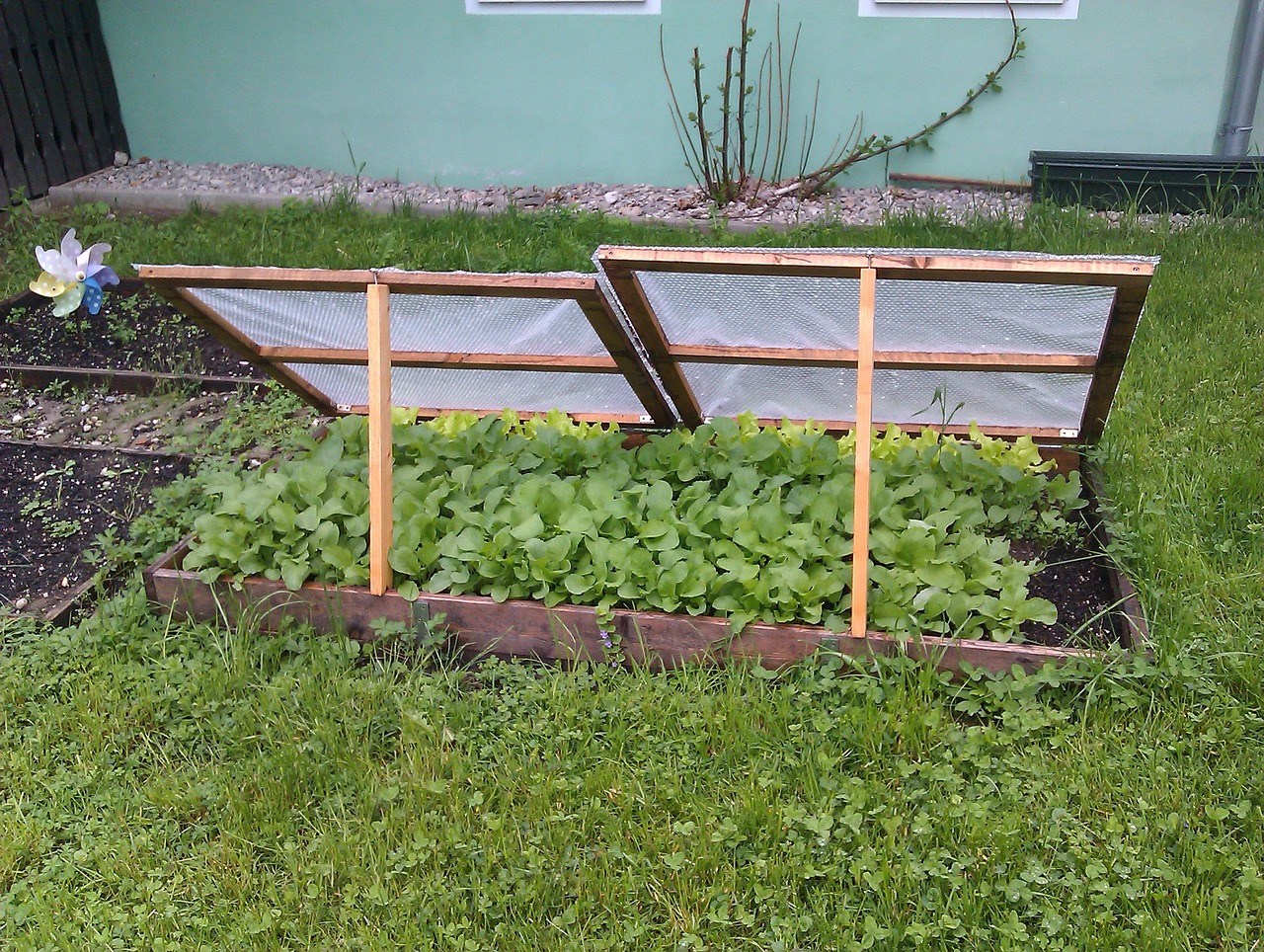A cold frame is a simple and practical gardening structure designed to extend the growing season and protect plants from adverse weather conditions. Its primary purpose is to create a controlled microclimate that provides warmth and shelter for plants during cooler months. Here are some key purposes and benefits of using a cold frame:
- Season Extension: A cold frame enables gardeners to start planting earlier in the spring and continue growing plants later into the fall or even winter. By capturing and retaining heat, it creates a protected environment that is slightly warmer than the outside temperature.
- Plant Protection: Cold frames shield plants from frost, harsh winds, heavy rains, and temperature fluctuations. They act as a barrier against these elements, reducing stress and preventing damage to delicate seedlings, young plants, or overwintering crops.
- Hardening Off: Cold frames are useful for the process of hardening off, which prepares seedlings or tender plants grown indoors for the transition to outdoor conditions. Gradually exposing them to the cold frame’s controlled environment helps acclimate the plants to outdoor temperatures and conditions.
- Versatility: Cold frames can be used for various purposes, such as seed starting, growing cold-tolerant vegetables, overwintering plants, or providing a sheltered environment for sensitive plants like herbs, flowers, or succulents.
- Heat Preservation: Cold frames capture and retain heat from sunlight, which warms the soil and air within the structure. This creates a more favorable environment for plant growth, especially in cooler climates or during colder seasons.
- Cost and Energy Efficiency: Cold frames are relatively inexpensive compared to other greenhouse structures. They require minimal or no additional energy inputs, as they rely primarily on sunlight for heating. This makes them an environmentally friendly and cost-effective option for season extension.
By using a cold frame, gardeners can extend their growing season, protect plants from adverse conditions, and create a microclimate that promotes healthier growth and improved yields.
